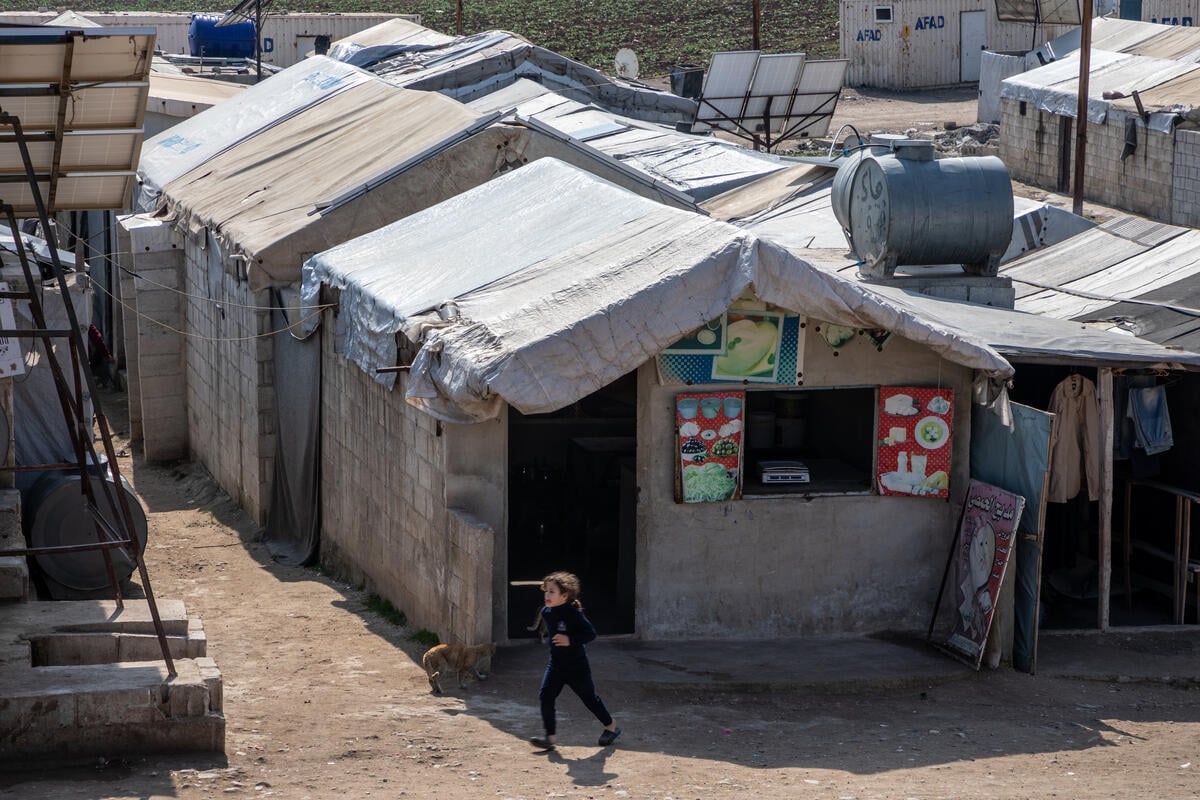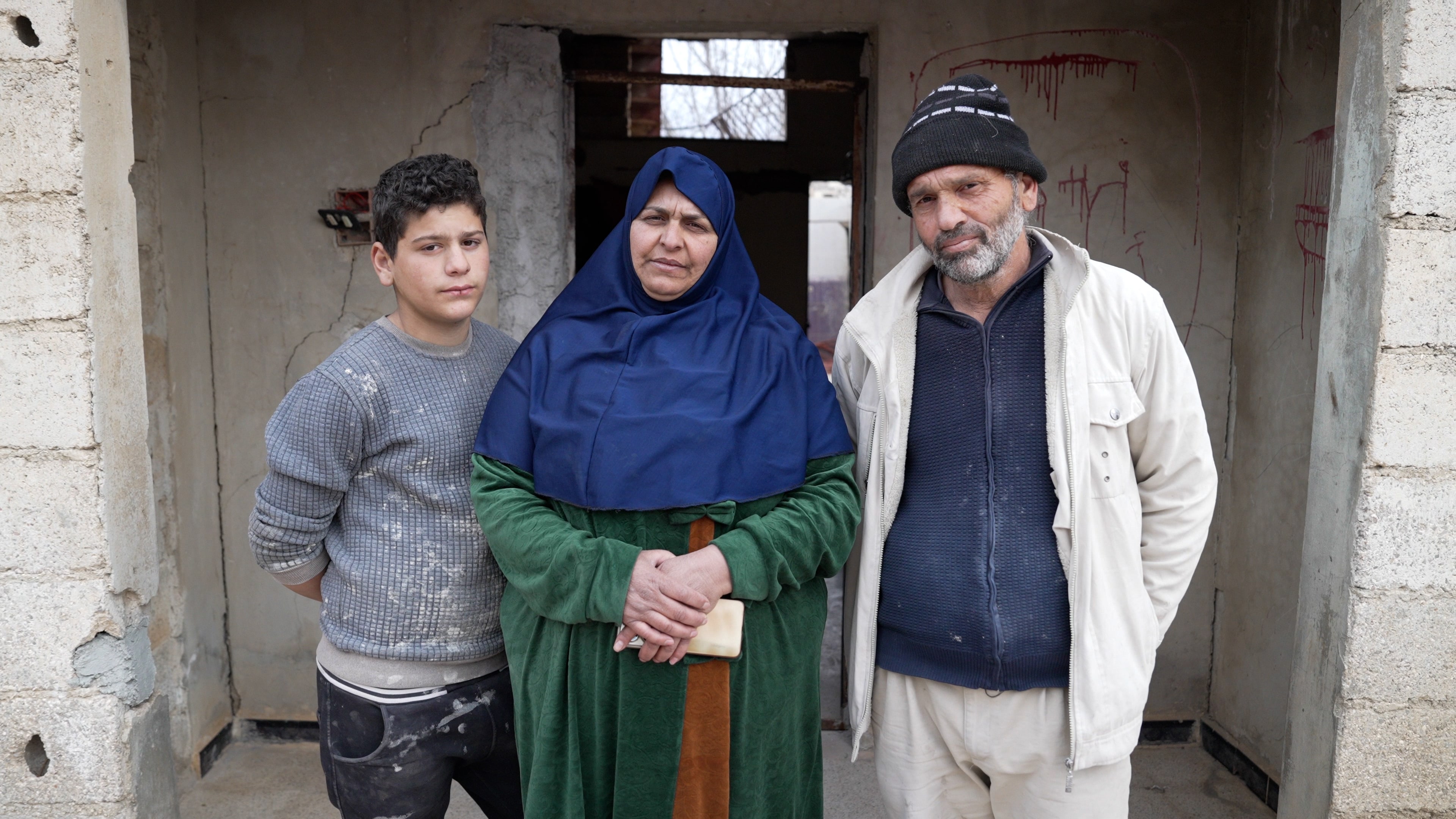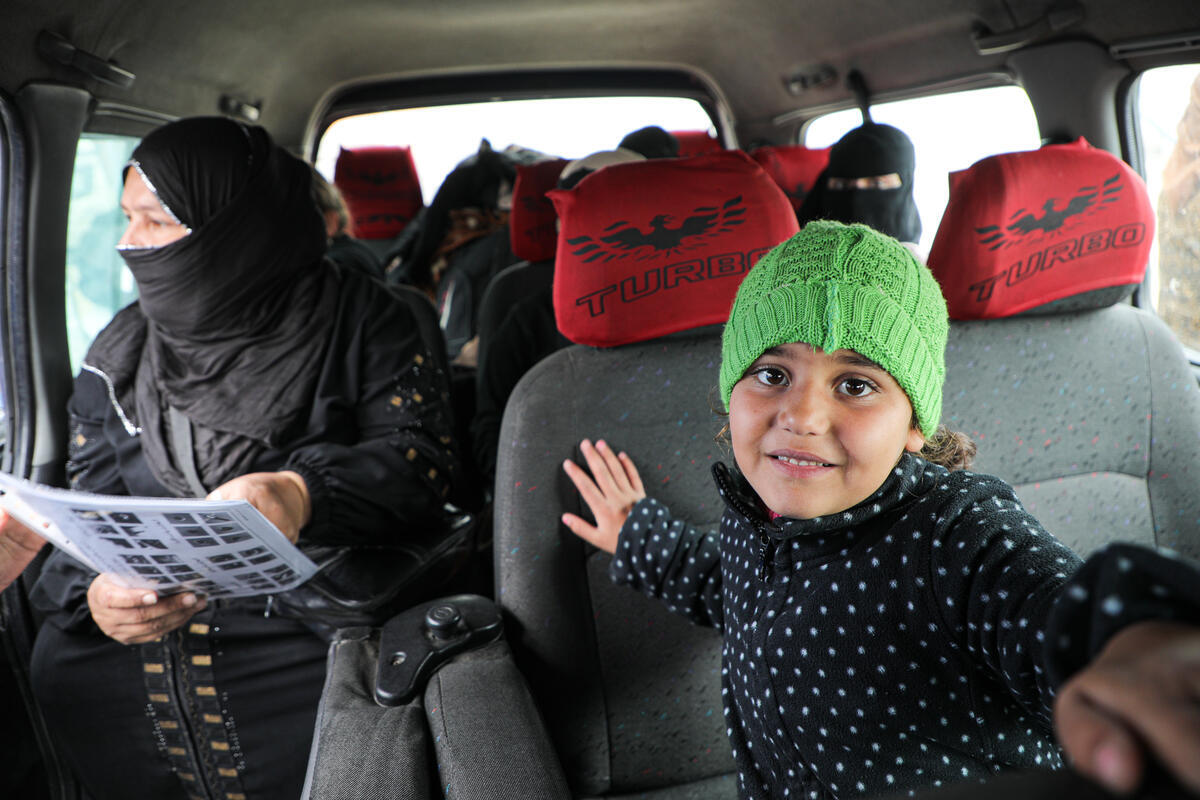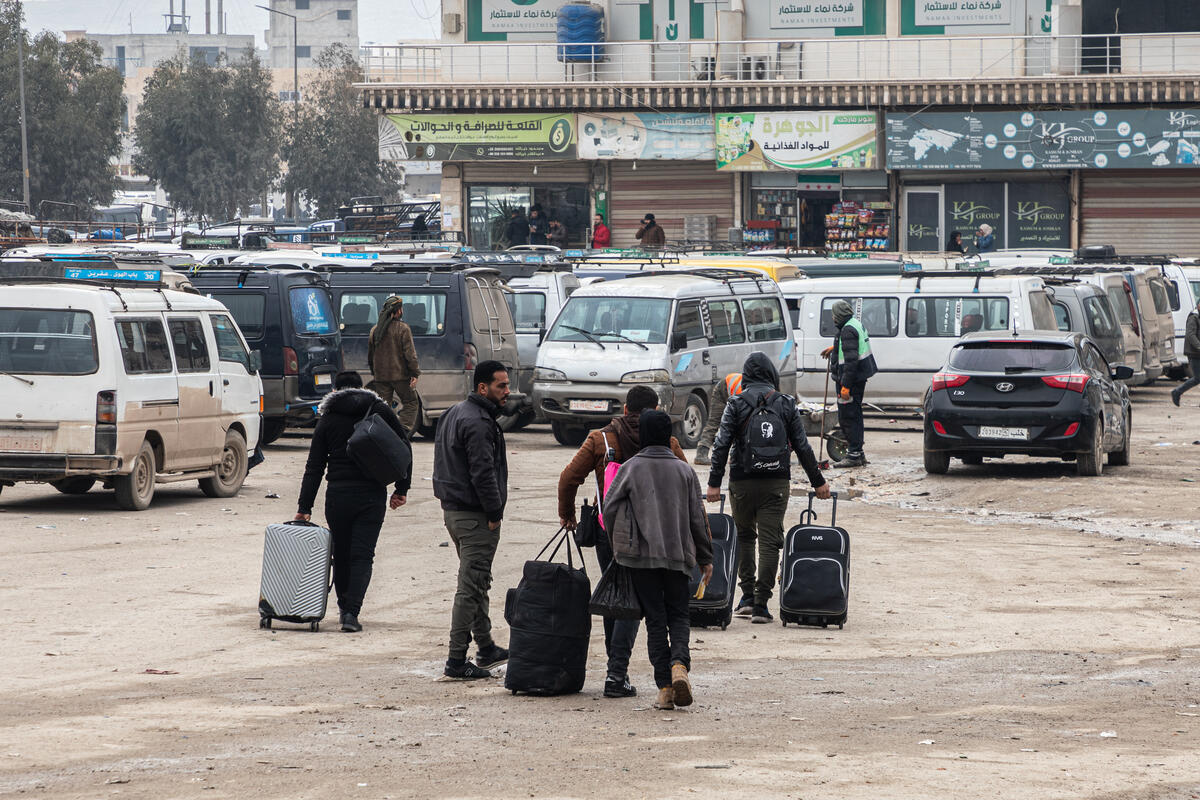The human cost of the Syria crisis is astronomical. The world must continue to support the people and intensify efforts to end the crisis.
The human cost of the Syria crisis is astronomical. The world must continue to support the people and intensify efforts to end the crisis.

BRUSSELS - Message for the Seventh Brussels Conference on ‘Supporting the future of Syria and the region’ from the Under-Secretary-General for Humanitarian Affairs and Emergency Relief Coordinator, Martin Griffiths; the UN High Commissioner for Refugees, Filippo Grandi; and the Administrator of the United Nations Development Programme, Achim Steiner. Together, they lead the implementation of the UN-coordinated response to the Syria crisis.
The crisis in Syria has now lasted twice as long as the Second World War.
The toll this has taken on people in Syria, Syrian refugees and communities in the neighbouring countries is astronomical:
- For the first time, every district in Syria is experiencing humanitarian stress. More than 15 million people - seven out of ten - need humanitarian aid and protection.
- More than 13 million people were forced to flee their homes looking for safety.
- This includes 6.8 million Syrian refugees who have fled to neighbouring countries where they have stayed for more than a decade.
- Today, in Egypt, Iraq, Jordan, Lebanon and Türkiye, 13.5 million people need humanitarian and long-term resilience support, including 6.1 million people in local host communities.
- 12 million people in Syria are food insecure and 2.8 million more are at risk of becoming so.
- One in four Syrian children are stunted and risk irreversible damage to their development. Some 2.4 million children are out of school, while 1.6 million more at risk of dropping out.
- The February earthquakes piled a crisis on top of a crisis and deepened humanitarian needs.
- Conditions for Syrian refugees in major host countries have deteriorated in recent years, including in Lebanon and Türkiye where 90 per cent of them were unable to cover their basic needs, and in Jordan where 65 per cent were forced into debt.
- Syrian refugee women and girls continue to confront widespread and systemic gender inequality, with less access to resources, and higher risks of violence, including domestic violence.
While the United Nations and non-governmental organiZations have continued to work for the Syrian people across the country and for the Syrian refugees and their hosts, we need much greater financial support from the international community.
The revised Humanitarian Response Plan for inside Syria requires US$5.4 billion. It is only 11 per cent funded and requires funding across its three pillars: humanitarian assistance, protection, and early recovery and livelihoods. The Regional Refugee and Resilience Plan (3RP), covering refugees and host communities throughout the region, appeals for $5.77 billion and is just 10 per cent funded.
Donors have contributed generously for years. And host countries - Egypt, Jordan, Iraq, Lebanon, and Türkiye - have shouldered an enormous burden on behalf of the international community at a time when they are themselves reeling from global economic pressures.
But this generosity must be supported so it can be sustained. More help for the Syrian people and those hosting them is imperative. The needs are enormous. Every contribution will help alleviate suffering and bring some measure of hope to millions of people.
Now is the time to step up and recommit to support Syrians and address the dire needs throughout the region. We appeal to donors for your continued generosity and to quickly provide the resources required. That will allow us to deliver, and step up, our work in Syria and in host countries.







